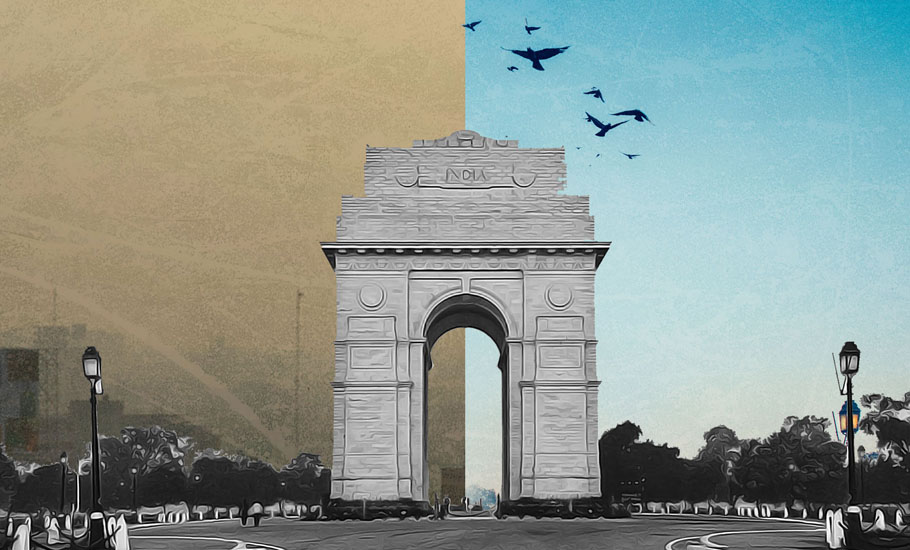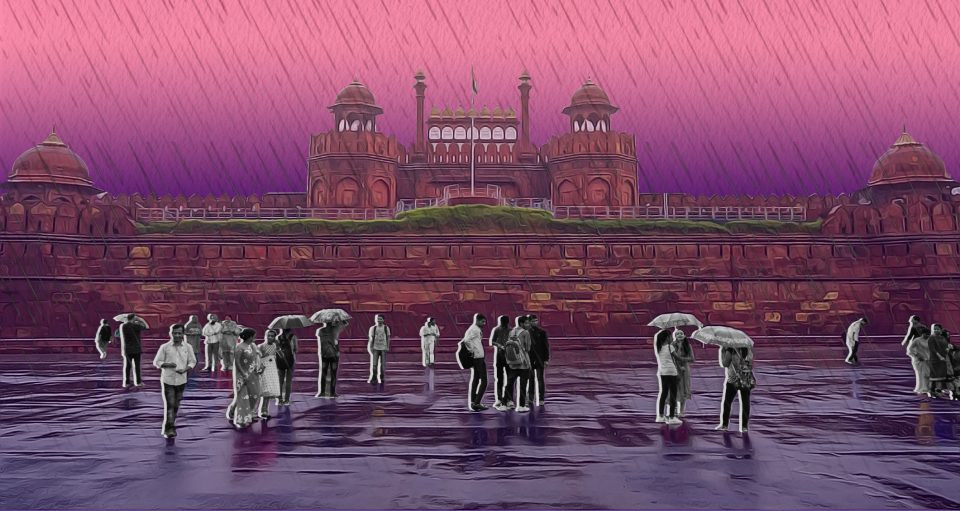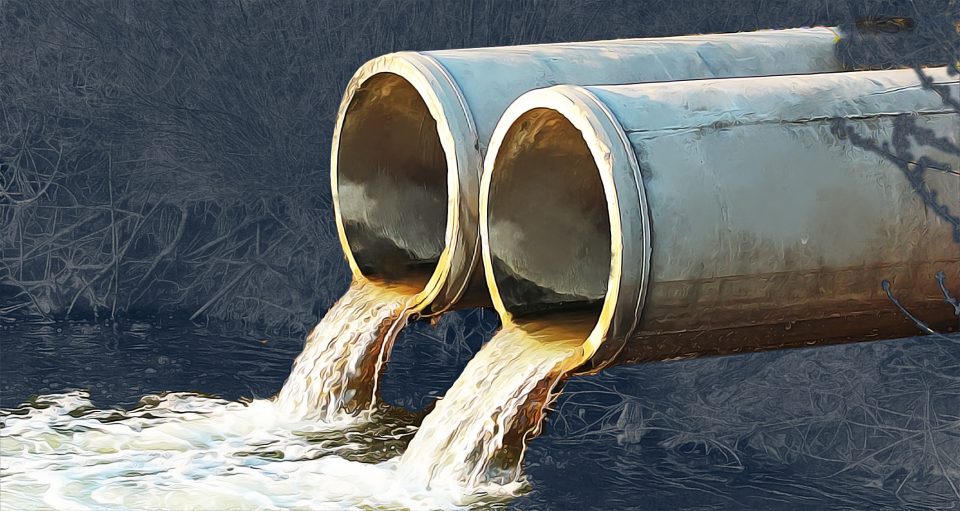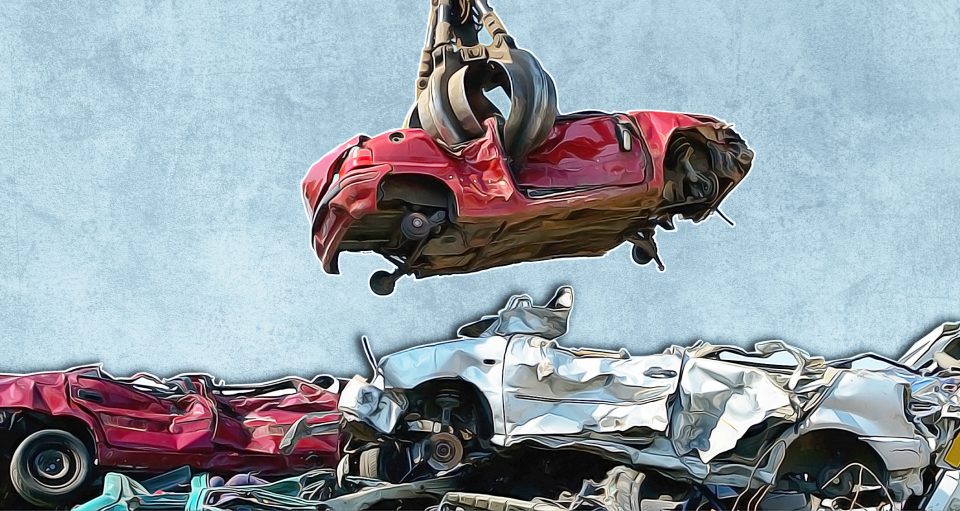
Riddled by extreme weather events, Delhi moots new climate action plan
Delhi submitted its plan to combat climate change in 2019. The plan remained mostly on paper and eventually expired in 2020.

The Story of Kashmir’s integration with India
Here’s what the Kejriwal government has in mind as it prepares a 10-year plan to deal with monsoon uncertainties, increasing heat and pollution of air, land and water
Riddled by extreme weather events, Delhi moots new climate action plan
Uploaded 02 September, 2021

New Delhi, Aug 30 (PTI)
Delhi is one of the most polluted cities in the world (28th on the real-time pollution index as we speak) and also one of the few significant urban centres in the country without a workable action plan on climate change.
Reduced rainy days, delayed monsoon, increasing heat and pollution (air, land and water) have compelled the Delhi government to make a fresh start to combat climate change.
Here are some of the climate challenges faced by Delhi and steps the Kejriwal government intends to take as it prepares the roadmap for a 10-year action plan.
New Delhi, Aug 31 (PTI)
Delhi submitted its plan to combat climate change in 2019. The plan remained mostly on paper and eventually expired in 2020.
The previous plan focused on six areas — energy, transport, green cover and urban development. It projected a significant decrease in cold days and nights and increase in heavy rainfall events in Delhi.
For the new plan, a German agency is likely to be engaged as a knowledge partner. The Delhi environment department aims to study all extreme weather events of the last 10 years before preparing a comprehensive plan.

New Delhi, Aug 31 (PTI)
After studying past extreme weather events, the Delhi government will prepare a comprehensive plan with focus on air pollution, greenhouse gas emissions, renewable energy, transport issues, air conditioning, heat islands, agriculture patterns, etc.
Delhi recorded its coldest-ever day since 1901 on December 30, 2019. Since August last year, the city has been breaking weather records every month.
Reduced or distorted number of rainy days has been a matter of concern.
Despite the monsoon embracing Delhi only on July 13, making it the most-delayed in 19 years, the capital had recorded 16 rainy days in the month, the maximum in the last four years.
The national capital recorded just 10 rainy days in August, the lowest in seven years, and a cumulative rainfall of 214.5 mm, lower than the average of 247 mm, according to the India Meteorological Department (IMD). Nearly two-thirds of the total rainfall (138.8mm) was recorded in a single day, August 21. It was also the highest downpour in a day in August in 14 years.
Experts have attributed the uneven distribution of rainfall to climate change.
The fewer number of rainy days also had an impact on the air pollution levels in the city. Delhi recorded “moderate” air quality on 20 days this month, the highest in four years.

New Delhi, Aug 31 (PTI)
Delhi Water Minister Satyendar Jain said the city government will install odour control systems at sewage treatment plants (STP) and floating aerators in drains to get rid of the bad smell and toxins. The Delhi Jal Board (DJB) has been told to complete the upgrade of STPs on a war-footing which is crucial for cleaning the Yamuna.
All STPs in Delhi will soon have biological odour control systems and floating aerators will be installed in drains to eliminate the harmful odour and air pollution.
In the first phase, floating aerators will be installed in drains to help in-situ water treatment and eliminate the pungent smell, Jain said.

New Delhi, Aug 30 (PTI)
The transport department of the Delhi government has advised people not to ply 15-year-old petrol vehicles and 10-year-old diesel vehicles and get them scrapped at authorised centres. In a public notice, the department clarified that although registration certificates of all types of vehicles are valid for 15 years, a diesel vehicle cannot ply beyond 10 years in Delhi. However, no-objection certificates for vehicles aged 10 to 15 years can be obtained so that they can be registered in states where it is permissible.
“Owners of over 10-year-old diesel and 15-year-old petrol vehicles are advised not to ply these vehicles on the roads in Delhi/NCR and further advised to get such end of life vehicles scrapped through authorised scrappers of the transport department,” said the notice.
It also cited a Supreme Court order for impounding end-of-life diesel and petrol vehicles. The Union government in its voluntary vehicle scrapping policy has allowed plying of old vehicles if they pass a fitness test. The policy provides for a fitness test after 20 years for personal vehicles while commercial vehicles require it after the completion of 15 years. End-of-life vehicles in Delhi, including two-wheelers, number around 37 lakh out of over one crore registered vehicles. Many of these ply on the roads causing pollution.
End



